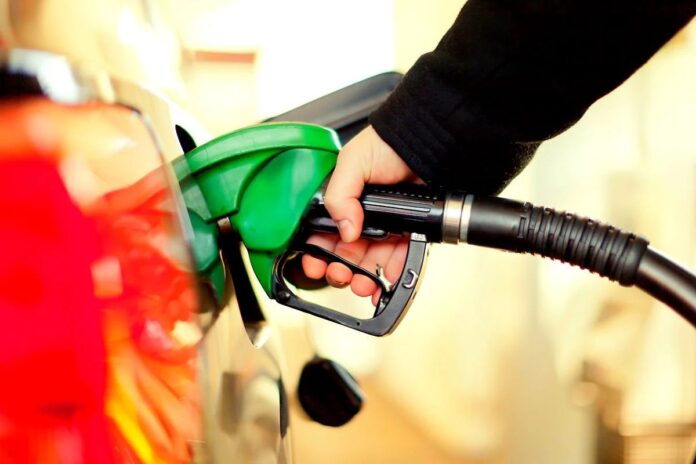The central government has strongly dismissed media reports questioning the safety and efficiency of 20 per cent ethanol-blended petrol (E20), clarifying that the concerns raised lack scientific backing and do not align with findings from extensive research and testing.
In a detailed statement posted on social media platform X, the Ministry of Petroleum and Natural Gas said the claims that E20 fuel damages vehicles, reduces performance or causes inconvenience to consumers are “not based on real facts and lack technical foundation.”
The statement comes amid recent media coverage that cited user feedback and unverified concerns about mileage reduction and vehicle wear-and-tear due to E20 usage, particularly in older or non-E20 compliant vehicles.
Citing international studies and domestic trials, the ministry emphasized that there is no statistically significant impact on vehicle power, torque, or fuel consumption when switching to ethanol-petrol blends. These tests, conducted over 100,000 km for both carbureted and fuel-injected vehicles, found no abnormal degradation in performance.
Independent material compatibility and drivability tests by key institutions like the Automotive Research Association of India (ARAI), Indian Institute of Petroleum (IIP), and Indian Oil Corporation’s R&D division have also supported the safe use of E20 fuel. According to the government, these studies showed no significant operational issues in older or legacy vehicles and confirmed that engines passed both hot and cold start tests without damage.
Addressing perhaps the most widespread concern, fuel efficiency, the government acknowledged a marginal decline in mileage with ethanol blends due to ethanol’s lower energy density compared to petrol. For vehicles designed for E10 and calibrated for E20, this drop is estimated at just 1-2 per cent. For other vehicles, the dip could be 3-6 per cent.
However, this minor decrease in efficiency is not considered problematic, especially since engine tuning and E20-compatible parts are already being implemented by leading automobile manufacturers. The Society of Indian Automobile Manufacturers (SIAM) has confirmed that E20-compliant vehicles began rolling out from April 2023 with upgraded components.
The ministry also reiterated that E20 fuel meets all safety and compatibility standards laid out by the Bureau of Indian Standards (BIS) and the Automotive Industry Standards (AIS). While older vehicles may need replacement of certain rubber parts or gaskets after prolonged use, such maintenance is routine and inexpensive, typically handled during regular vehicle servicing.
On a technical front, ethanol offers an advantage over traditional petrol with a higher octane rating (108.5 vs 84.4). This makes ethanol-petrol blends particularly suitable for high-compression engines, enhancing ride quality and engine efficiency.
Beyond technical reassurances, the ministry underscored the strategic and economic benefits of the E20 programme. Ethanol blending reduces India’s dependence on imported crude oil, thereby bolstering energy security. Since 2014-15, the country has saved over ₹1.4 lakh crore in foreign exchange through petrol substitution.
The initiative also plays a pivotal role in supporting the rural economy, with over ₹1.2 lakh crore disbursed to farmers for ethanol procurement. This has generated substantial income and employment opportunities in both agricultural and biofuel sectors.
By reiterating the government’s commitment to expanding ethanol use, the ministry aims to quash misconceptions and ensure public confidence in the E20 rollout. As India moves toward cleaner and more sustainable fuel alternatives, policymakers believe ethanol blending will be a key enabler of both environmental and economic goals.





